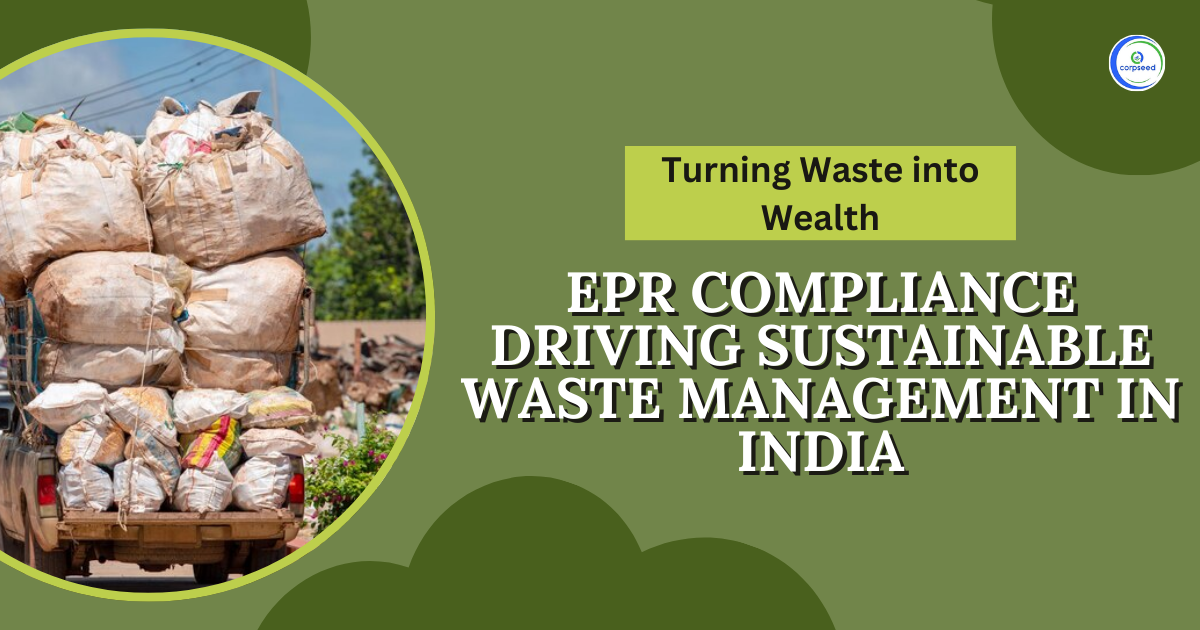Introduction: CPCB EPR Registration
To promote sustainable development, the Indian government is moving forward with an enthusiastic outlook and taking multiple environmental initiatives from time to time. One among them is Extended Producer Responsibility (EPR) registration, which mandates every Indian manufacturer or importer of electronic products to get an EPR certificate from the Central Pollution Control Board. Introduced for the very first time under the E-waste management Rules 2011, EPR certification deals with the issue of plastic waste and e-waste disposal in India. Intending to make people responsible for the management of waste that they generate during the manufacturing process, EPR certification has yielded astonishing results in recent years.
Table of Contents
- Introduction: CPCB EPR Registration
- Extended Producer Responsibility (EPR)
- Significance of Extended Producer Responsibility (EPR)
- Procedure to Obtain CPCB EPR Registration
- CPCB EPR Registration Under Plastic Waste (Management) Act
- Documents Must For CPCB EPR Registration Under Plastic Waste (Management) Act
- CPCB EPR Registration Under E-Waste (Management) Act
- Documents Must For CPCB EPR Registration Under E-Waste Management Act
- Conclusion
--------------Blog Contact Form-------------
Extended Producer Responsibility (EPR)
“Precaution is always better than cure” and it becomes truer when electronic and plastic waste comes into the picture as they’re not only toxic but also impossible to decompose. This is what Extended Producer Responsibility has been emphasizing for years. It works towards making Indian manufacturers realize the impact their products leave on the environment and bestows responsibility upon them to dispose of their products once discarded by the end-users.
The EPR policy urges Indian producers to operate using sustainable practices and reduce the negative environmental effects of their products by designing them in a way that they can be easily recycled or disposed of. Not just India, the central pollution control board of many countries around the globe have now made EPR certification necessary for several products, including electrical, plastic, and batteries.
Significance of Extended Producer Responsibility (EPR)
Now that you’re familiar with what Extended Producer Responsibility stands for, it’s time to understand its significance in today’s era.
- Secure Environment
The EPR policy held producers responsible for any environmental issue arising due to their products, from the manufacturing phase to disposal, and required them to deal with it effectively. This works towards taking the chaotic situation of waste generated under control and waves the path for sustainable development.
- Save Money for Manufacturers
Must be wondering “How,” right? Many a time waste management burns a hole in the pocket of manufacturers and such a case is usual as it includes numerous phases, such as collection, transportation, and then disposal of discarded materials. Here, EPR intends to reduce this cost for them and for that it takes the help of environmental-friendly practices. The policy requires manufacturers to design their products for reuse, recycling, or disposal from the very beginning of the production phase so that they don’t need to bear unnecessary management costs later.
- Instill an Environment of Innovation and Creativity
Extended Producer Responsibility (EPR) incentivizes Indian producers to strive for innovation and creativity. As they’re two main ingredients when it comes to the manufacturing of products which are more environmentally friendly and easier to recycle or get rid of.
- Ensure compliance with environmental laws
The enforcement of regulations and norms laid down by environmental laws is crucial to secure the well-being of people and the environment. And here, EPR plays a major role for the legal authorities as it assists them in ensuring that companies in India are operating their day-to-day business activities in compliance with environmental legalities.
Procedure to Obtain CPCB EPR Registration
- Plastic Waste Management Act
- E-Waste Management Act.
These two Govt. Acts mandate every manufacturer and importer in India to acquire EPR certification for running their business activities, hence the registration process varies for both of them, but you need not worry as we have discussed everything below in a detailed manner.
CPCB EPR Registration Under Plastic Waste (Management) Act
Follow the steps given below carefully to obtain EPR Registration:
- Visit the online registration portal of CPCB and fill out the relevant application form with asked information related to you and your business/facility.
Tip: If you’re a producer, then fill out the FORM I. Whereas, FORM III is for the manufacturers. There is also a FORM II, which needs to be filled out by the people involved in the recycling process.
- Attach the documents alongside the form. Here, make sure that all the documents are to be attested or signed by the concerned authority as required.
- Once the submission of the form is done, it will be forwarded to the appropriate authority.
- If officials of the Central Pollution Control Board find any shortcomings in the form, they’ll contact you (the applicant) within seven working days.
- In case you don’t file a response within the next thirty days, then your application form will be assumed to be withdrawn.
- If you don’t get any response from CPCB within thirty days of applying with the requested documents & information, then there are high chances that your EPR registration certificate has been generated.
Documents Must For CPCB EPR Registration Under Plastic Waste (Management) Act
- DIC (District Industrial Centre) certificate in case of a production unit.
- No objection certificates under the Air and Water acts.
- Documents associated with the EPR Liability Action Plan (issued by state/UT)
- More than two proofs of sales (These can be in the form of GST, tax invoices, etc.)
- Agreement of PIBO with WMA (as applicable)
- Document issued by ULB/designated state authority associated with the engagement of PIBO/WMA (as applicable)
- Registration issued by SPCBs/PCCs to PWPF (Plastic Waste Processing Facility) to be engaged with for the processing of plastic waste.
CPCB EPR Registration Under E-Waste (Management) Act
- Visit the website of CPCB and fill out FORM 1 with information related to you (applicant) and the business/facility.
- Remember to fill out the details related to E-waste generation as per item-wise, alongside the estimated target of collection you have for the upcoming year.
- Attach all the asked documents, alongside the form.
- After that, your application will be forwarded to the Central Pollution Control Board for review.
- If approved by the officials, the CPCB will grant you an EPR certificate.
Read Our Blog: EPR Registration | EPR Online Documentation
Documents Must For CPCB EPR Registration Under E-Waste Management Act
If the business structure of your company comes under OPC/LLP/Sole Proprietor and partnership firm, then you need the following documents
- Importer-Exporter Code
- Certificate issued by the GST department.
- Documents associated with the sole proprietor or authorized signatory KYC
- Rent or lease proof of the facility (as a proof of ownership)
- Details of imported products on an Excel sheet.
If the business structure of your company comes under Private or Public Limited, then keep ready the following documents along with the earlier mentioned ones
- PAN Card of your organization
- Incorporation Certificate
- Board Declaration for Authorized Signatory.
Read Our Blog: What is EPR Certificate?
Conclusion
We hope reading this article has given you a clear understanding of what an Extended Production Certificate is, what the motive behind its introduction and the process of obtaining it from the Central Pollution Control Board. For more such informational content, keep visiting Corpseed.
This portion of the site is for informational purposes only. The content is not legal advice. The statements and opinions are the expression of author, not corpseed, and have not been evaluated by corpseed for accuracy, completeness, or changes in the law.
BOOK A FREE CONSULTATION
Get help from an experienced legal adviser. Schedule your consultation at a time that works for you and it's absolutely FREE.


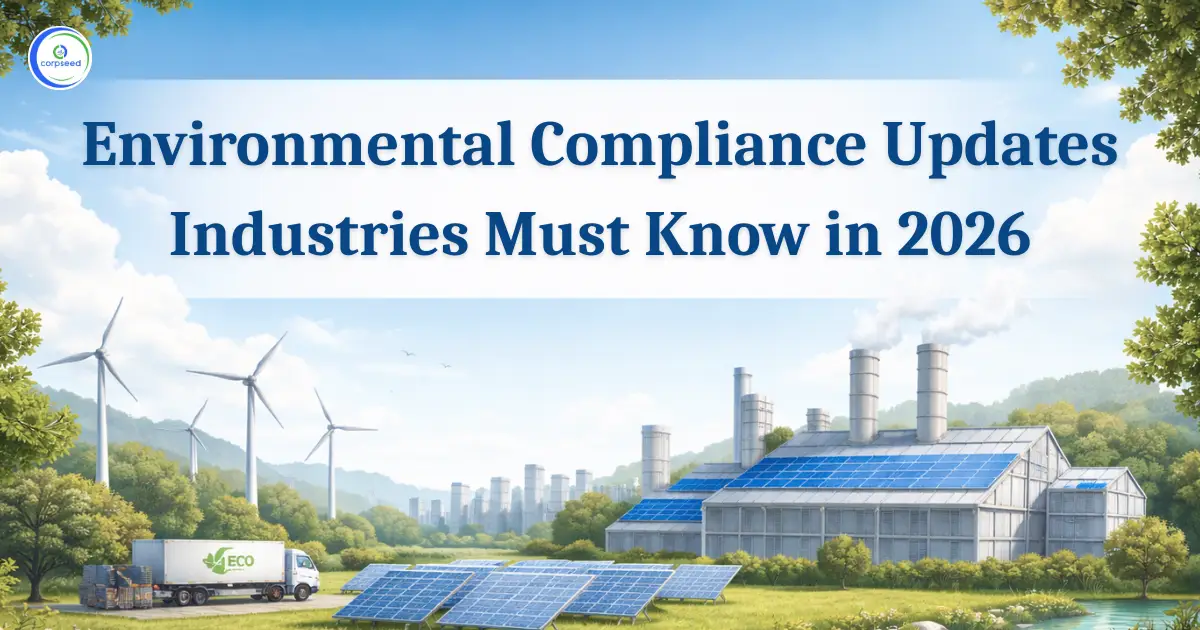
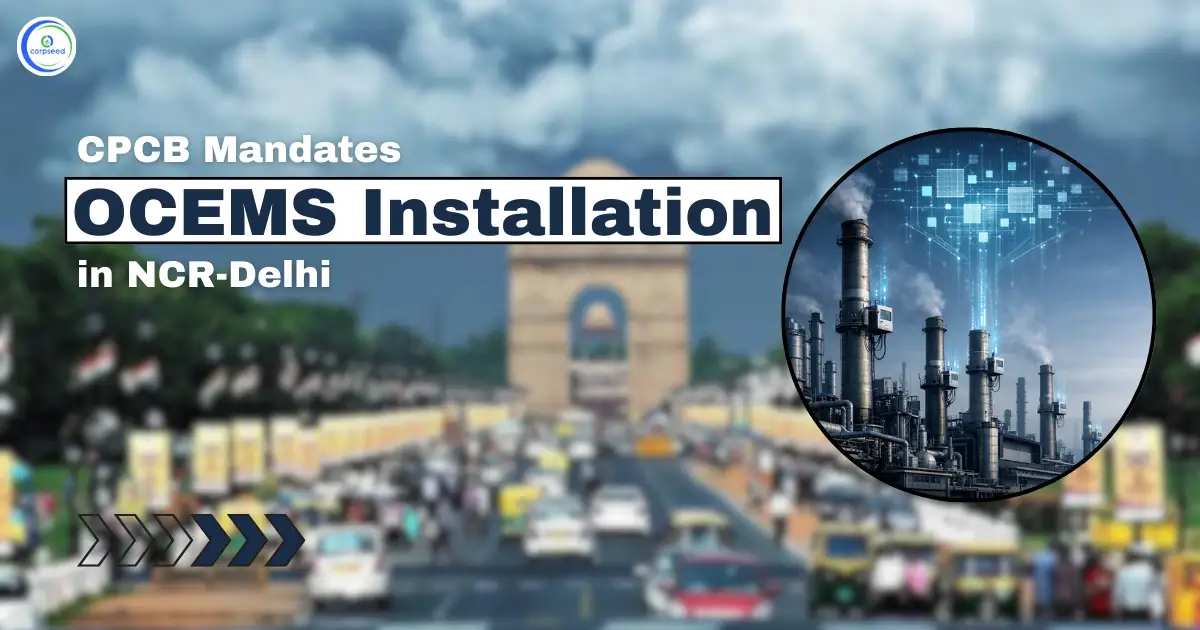
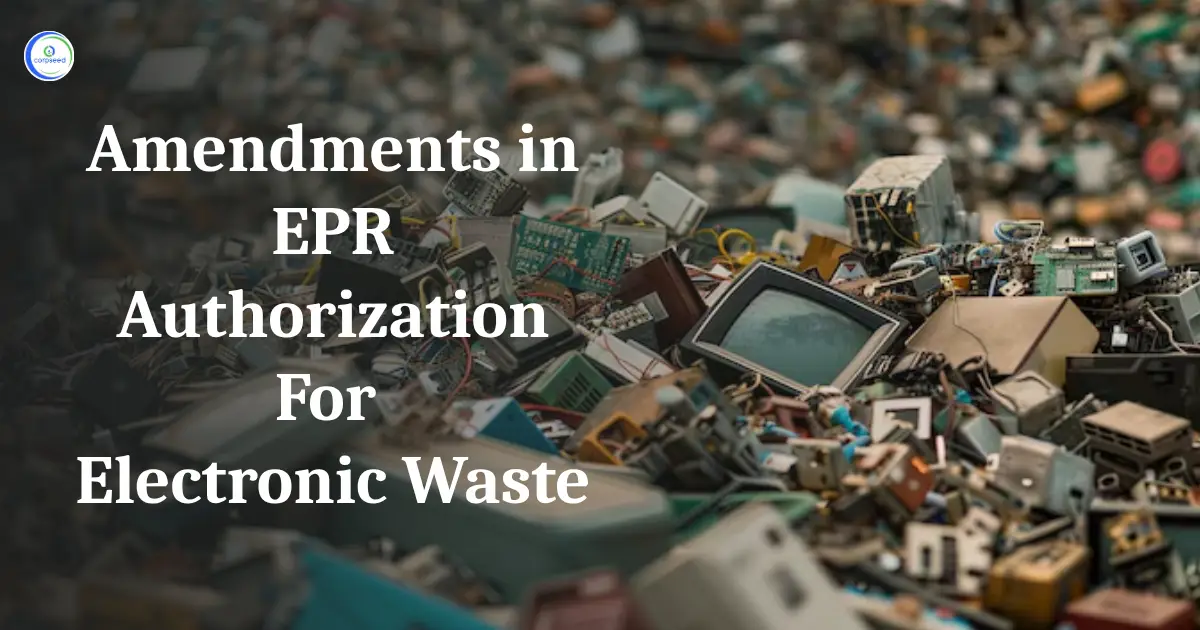
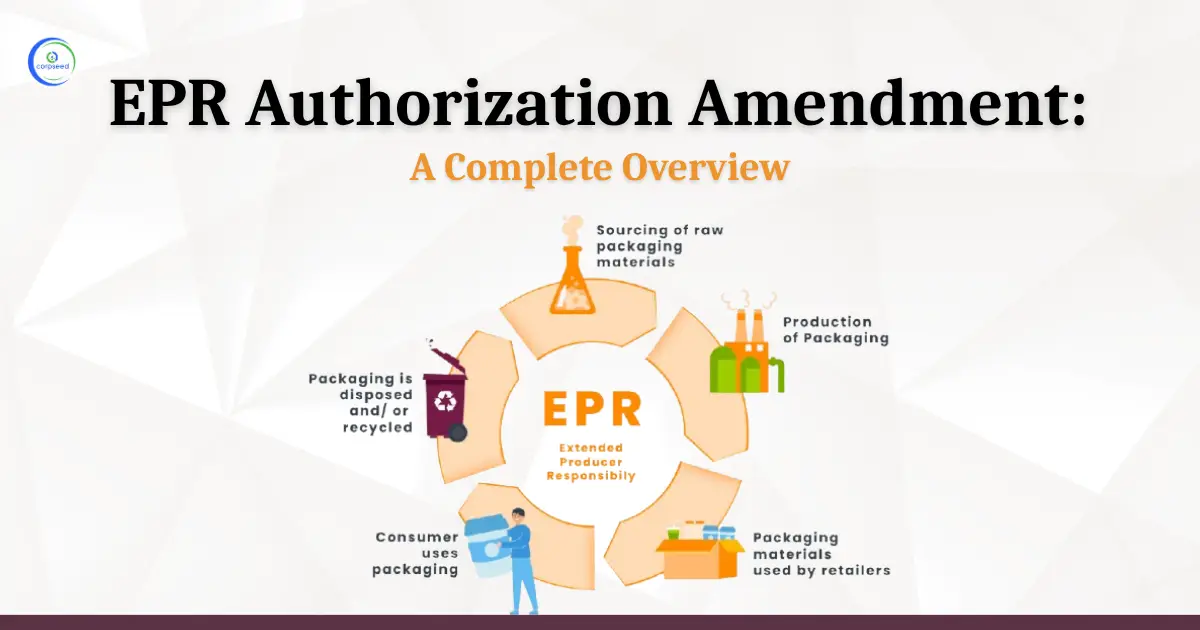
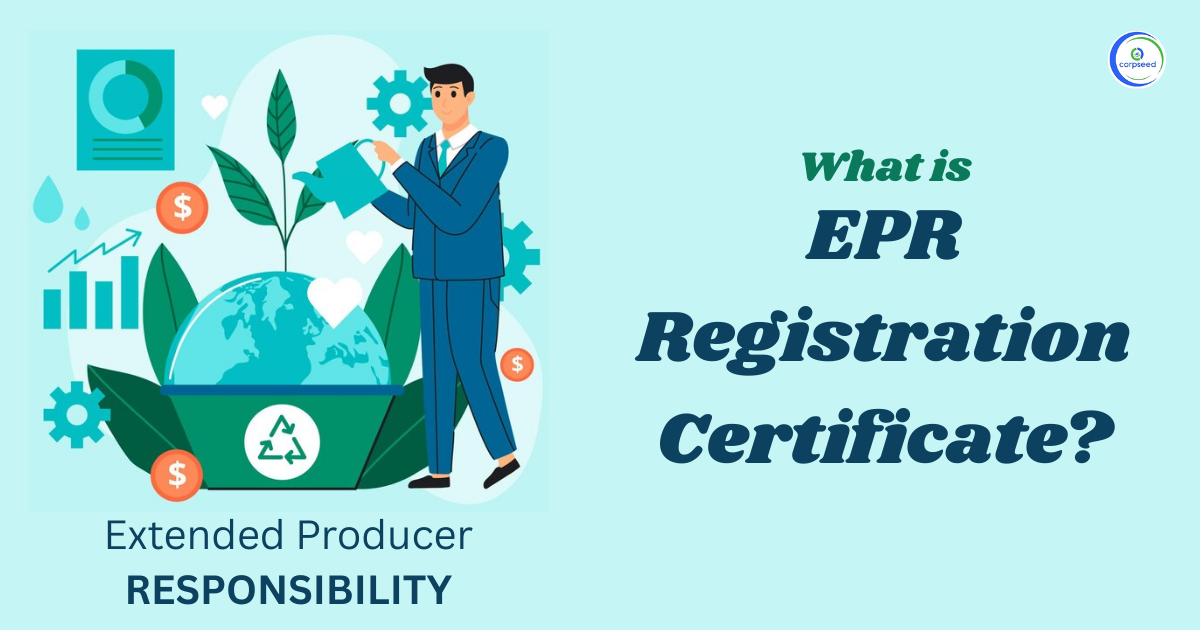
.webp)
